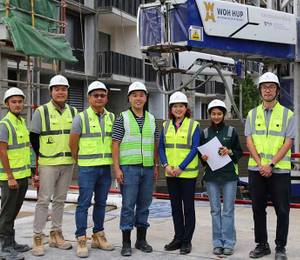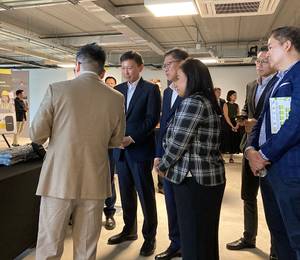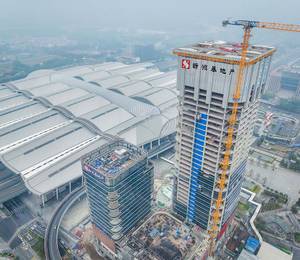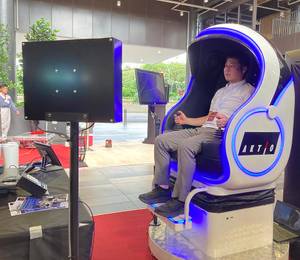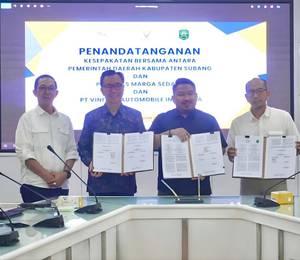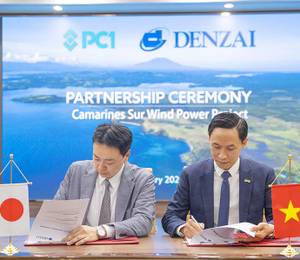Spanish company Acciona is part of a consortium that has been awarded a contract by the Hong Kong Water Supplies Department to design, build, operate and maintain the first phase of the Tseung Kwan O desalination plant. The HKD9.018 billion project includes the construction and operation of the plant for a duration of 10 years. The facility will equip the city to face the challenges of climate change and the low level of rainfall in the area.
Construction and design work are expected to commence this month and the plant is scheduled to be operational in 2023. Its initial output will be 135,000 cu m per day. The operation contract will be valid for 10 years, with the possibility of a five-year extension.
Hong Kong has chosen to use reverse osmosis technology for the facility’s desalination process, which is believed to be the most advanced and most effective way to produce drinking water, contributing to sustainable use of water as a scarce commodity.
Acciona carried out its first project in Hong Kong in 1993, when it participated in the construction of the 1,177-m long Ting Kau bridge, one of the longest cable-stayed bridges in the world, which was completed in 1998.
Since then, the company has undertaken landmark projects such as the Kowloon station (one of the largest in Asia) and Kam Sheung Road station, the Lai Chi Kok viaduct, and a number of infrastructures for the KCRC railway, such as the Ma On Shan line.
Asia presence
Acciona strengthened its footprint in the Asia region last year. In Vietnam, the company was awarded a contract to design and build the Nhieu Loc Thi Nghe wastewater treatment plant (WWTP) in Ho Chi Minh City, as well as to operate and maintain it for five years, with the possibility of a five-year extension.
In 2016, Acciona was awarded a contract for the Putatan 2 brackish drinking water plant in Muntinlupa, south of Manila, in the Philippines, serving a population of 6 million. In 2017, the company obtained a contract to build a cable-stayed bridge in Cebu, also in the Philippines, totalling US$400 million.

